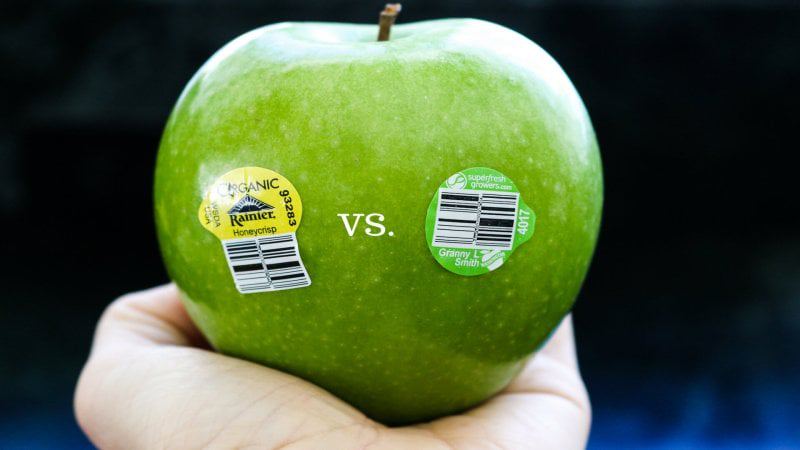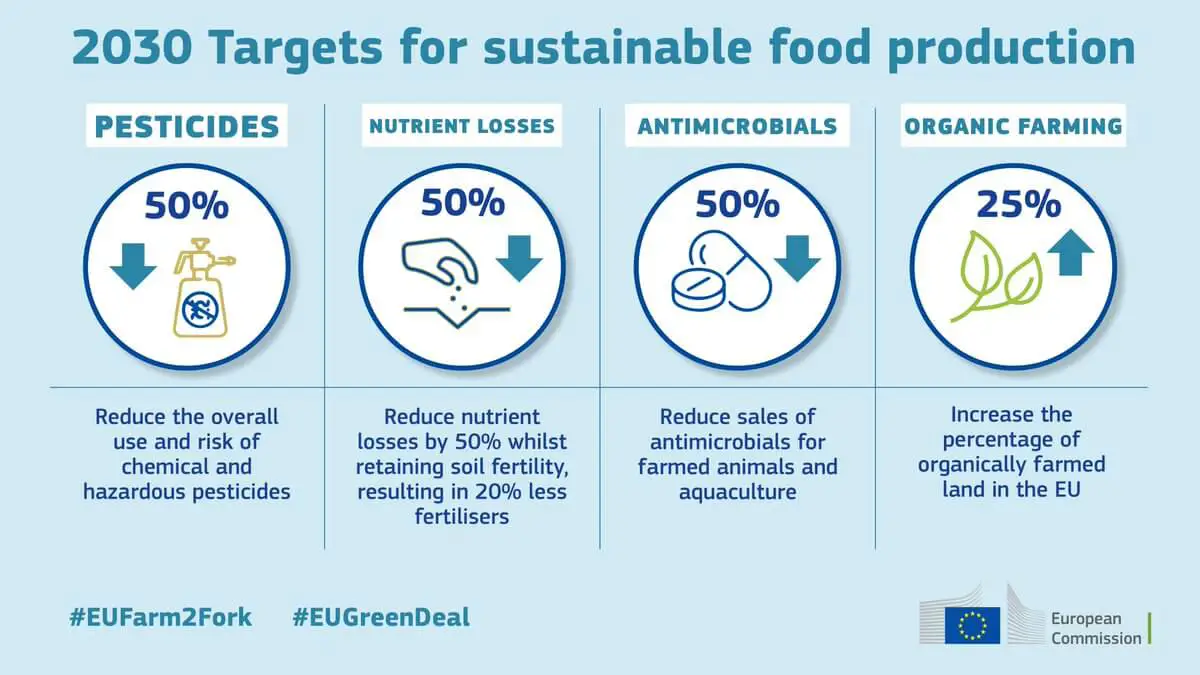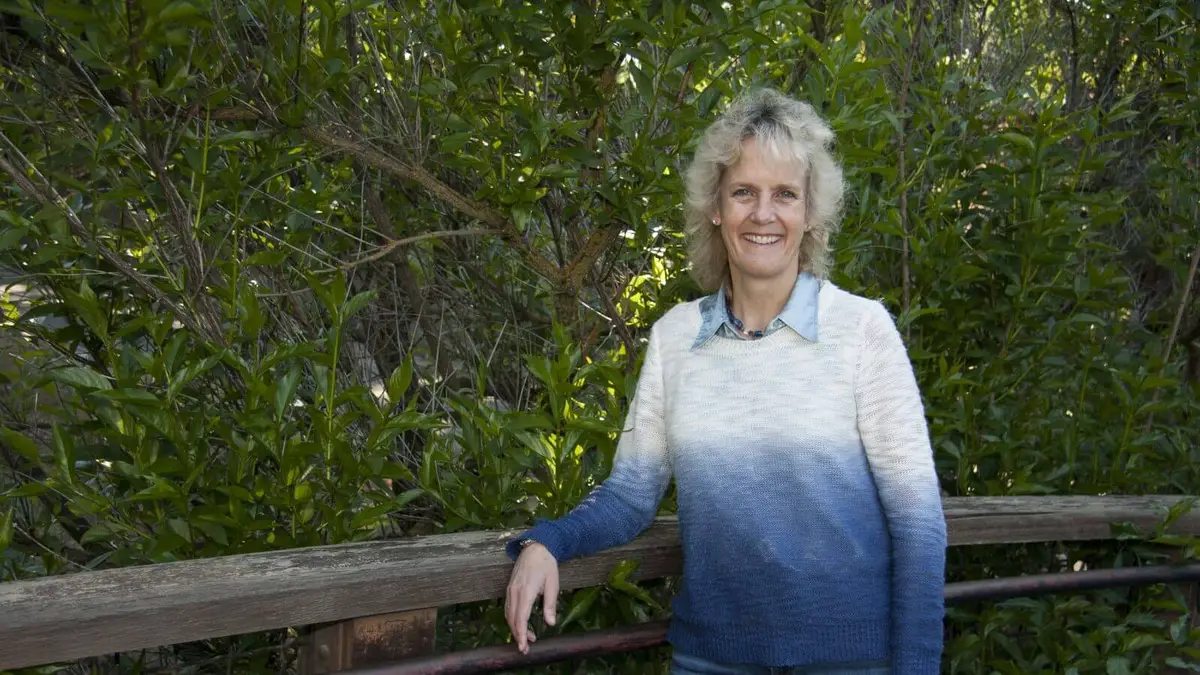‘False paradigm’: Pitting organic and conventional farming against each other won’t promote sustainability, says GLP’s Jon Entine at USDA Ag Outlook Forum
‘False paradigm’: Pitting organic and conventional farming against each other won’t promote sustainability, says GLP’s Jon Entine at USDA Ag Outlook Forum


“I am skeptical, despite a lot of hope that it will open people’s minds to genetic engineering,” Jon Entine, executive director of the Genetic Literacy Project, said at USDA’s annual Agricultural Outlook Forum on [February 18]. “After all, we’ve had genetically engineered insulin for more than 30 years,” and that “doesn’t seem to persuade anyone.”
“I don’t see it as game-changer” when it comes to achieving broad acceptance of biotech in the food space, Entine said.

Entine appeared on a panel with Tim Bettington, executive vice president and president of U.S. Operations at Zoetis. The moderator was Alison Van Eenennaam, who runs the Animal Genomics and Biotechnology Laboratory at the University of California, Davis.
Entine criticized the European Union’s “farm to fork” initiative that seeks to promote organic practices and reduce European farmers’ reliance on pesticides. Organic agriculture lags behind conventional ag in terms of production, which means an increased reliance on organic ag would require much more land to feed a growing population, he said.
He added that despite popular perception, U.S. farmers rank 59th in the world in terms of pesticides used per hectare, and spoke favorably of herbicide-resistant crops, saying they enable farmers to reduce their tillage, which releases nitrous oxide, a powerful GHG, into the atmosphere.
“I think there’s the illusion that organic farming and other farming techniques that have been more aggressively adapted in Europe really have been very beneficial to lowering the pesticide impact, but that is just not accurate information,” he said.

Getting into specifics, Entine said that banning glyphosate, the active ingredient in Roundup, “would be a disaster” because it would result in more tillage and an increase in GHGs. “You can’t just say something’s in the sustainable category and something is not,” Entine said, calling the debate over sustainable agriculture “nuanced and complex.”
“I think we’ve become very siloed, maybe reflecting the partisan sensibility which has infected a lot of our public discussions these days, and we are increasingly debating over means rather than end,” Entine said. Different agricultural methodologies “almost have become ideologies,” he said, pitting organic and agro-ecological methods against “conventional agriculture, aided by biotechnology.”
Entine called that “a false paradigm,” saying “we should focus more on the end” results. “Some things are better in the organic farming area and some things are better in the conventional,” he said.
Entine also had a message for the Biden administration, which has made tackling climate change a priority, even setting a goal of net-zero GHGs from the agricultural sector.
“I hope the new administration has a blank slate on this and doesn’t jump to either demonizing or embracing one kind of technique over another.” He said the administration should focus on “sustainability and climate change, and then how do we get there.”
Van Eenennaam said the Food and Drug Administration’s current regulatory approval system for animal biotechnology, by driving up development costs, is hindering U.S. innovation.

In addition, “the political discourse around GMO’s and the public debate around that technology has really stopped the ability of public sector and small companies to use these technologies in our genetic improvement programs of animals, and that comes with a very real opportunity cost,” she said.
“You could have, for example, PRRS-resistant pigs that don’t get sick in the first place,” she said, referring to Porcine Reproductive and Respiratory Syndrome.
Sometimes opposition to change comes from within the industry itself. Panelist Bettington touted Zoetis’s IMPROVEST, a prescription product that is an alternative to physical castration for pigs. However, “the processing plants don’t appreciate it because they are used to a very different practice of castration,” he said.
On the issue of measuring the impact of certain ag and food industry practices on climate change, Bettington said consistency is needed,
“I think we probably need to get better alignment across all the different groups that govern us, and how do we get consistency across manufacturing industries, animal agriculture, etc, to get alignment on how do we measure and how do we set criteria around the ultimate goal, which is lowering greenhouse gas emissions.”
Van Eenennaam also decried the gradual decrease in agricultural research funding in the U.S. “In 2017 there was only $325 million allocated for competitive research grants, which was less than half of what was congressionally authorized and amounts to less than 2 percent of the $18.2 billion that’s allocated for competitive research grants by the National Institutes of Health,” she said.
Steve Davies as an Associate Editor at Agri-Pulse. Find Steve on Twitter @eswr_update
A version of this article was originally posted at Agri-Pulse and has been reposted here with permission. Agri-Pulse can be found on Twitter @agripulse

 | Videos | More... |

Video: Nuclear energy will destroy us? Global warming is an existential threat? Chemicals are massacring bees? Donate to the Green Industrial Complex!
 | Bees & Pollinators | More... |

GLP podcast: Science journalism is a mess. Here’s how to fix it

Mosquito massacre: Can we safely tackle malaria with a CRISPR gene drive?

Are we facing an ‘Insect Apocalypse’ caused by ‘intensive, industrial’ farming and agricultural chemicals? The media say yes; Science says ‘no’
 | Infographics | More... |

Infographic: Global regulatory and health research agencies on whether glyphosate causes cancer
 | GMO FAQs | More... |

Why is there controversy over GMO foods but not GMO drugs?

How are GMOs labeled around the world?

How does genetic engineering differ from conventional breeding?
 | GLP Profiles | More... |

Alex Jones: Right-wing conspiracy theorist stokes fear of GMOs, pesticides to sell ‘health supplements’




 Trust issues: What happens when therapists use ChatGPT?
Trust issues: What happens when therapists use ChatGPT? Fighting deforestation with CO2: Biotechnology breakthrough creates sustainable palm oil alternative for cosmetics
Fighting deforestation with CO2: Biotechnology breakthrough creates sustainable palm oil alternative for cosmetics California, Washington, Oregon forge immunization alliance to safeguard vaccine access against federal undermining
California, Washington, Oregon forge immunization alliance to safeguard vaccine access against federal undermining Viewpoint — Fact checking MAHA mythmakers: How wellness influencers and RFK, Jr. undermine American science and health
Viewpoint — Fact checking MAHA mythmakers: How wellness influencers and RFK, Jr. undermine American science and health 30-year-old tomato line shows genetic resistance to devastating virus
30-year-old tomato line shows genetic resistance to devastating virus Viewpoint: Video — Big Solar is gobbling up productive agricultural land and hurting farmers yet providing little energy or sustainabilty gains
Viewpoint: Video — Big Solar is gobbling up productive agricultural land and hurting farmers yet providing little energy or sustainabilty gains The free-range chicken dilemma: Better for birds, but with substantial costs
The free-range chicken dilemma: Better for birds, but with substantial costs ‘You have to treat the brain first’: Rethinking chronic pain with Sanjay Gupta
‘You have to treat the brain first’: Rethinking chronic pain with Sanjay Gupta
